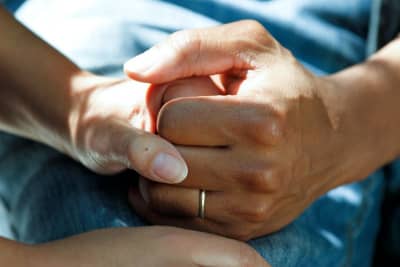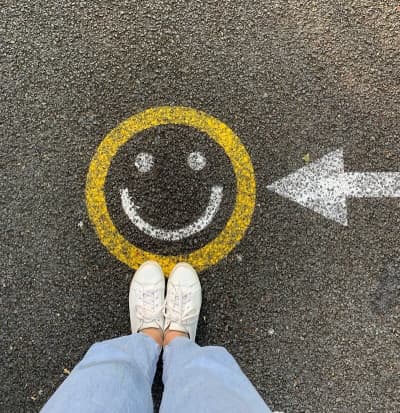Twenty years ago, I went to see my doctor. I had other symptoms, but the main one was an overwhelming fatigue.
After talking to me for some time, she said, “I think you have depression,”
“Depression,” I snorted. “What have I got in my life to be depressed about? I’m happily married; I have a beautiful baby; I have no money troubles; I have a job I love. How can I be depressed?”
Oh, how naïve I was.
The King has cancer. We know that various lifestyle choices can increase the likelihood of getting cancer. Yet it is obvious the king is not overweight, does not smoke and it’s unlikely that he drinks too much. Yet he has cancer.
The thing is, nobody will be asking him, “What’s wrong? What’s happened?” We accept that cancer can strike at anyone for no reason.
When we admit we have depression, this is normally the first thing people ask. Even my Moodscope buddies, who, quite frankly, should know better, still ask “What’s happened? What’s wrong?” when my scores go down.
We know that depression can often come out of the blue with no apparent reason, but it seems other people don’t, so there is still a lot of educating to do.
Having said that, sometimes there are triggers. Today is Valentine’s Day, which can be hard for some. It can also, however, be amusing to see the bunches of bravely struggling red roses with tiny teddies on sticks nestled in the middle of them. In the supermarket, yesterday, I saw strawberries in a heart-shaped container, at double the price of the ordinary strawberries. Another supermarket advertised a romantic ready meal for two – with a best before date of 13th February! It can be tough, though, for those who are not in a relationship but would like to be, or for those in a difficult relationship, where Valentine’s Day seems like a sick joke. Days like today can be a trigger for some.
I read the memoirs of a GP who wrote of women who could come to him for anti-depressants, when what they really needed was a different life, a life without hardship, poverty and violence.
Yet, for many of us, depression comes for no reason and regardless of circumstances. When we look at people in the public eye who also live with depression, we can see that this illness is just as indiscriminate as cancer. It is an equal opportunity illness which strikes at random, regardless of race, religion or economic status.
So, what can we do to educate people? At least depression is now being seen and treated as an illness instead of a moral failing. We are encouraged to talk about it and adverts are aimed at men in particular.
But I wish those around us who love us would say, “What can I do to help?” instead of “What’s wrong?” Even if there’s nothing they can do to help but just be there, through the dark times. Just being there. That helps. Because nothing’s wrong: we just have depression.



Comments
You need to be Logged In and a Moodscope Subscriber to Comment and Read Comments